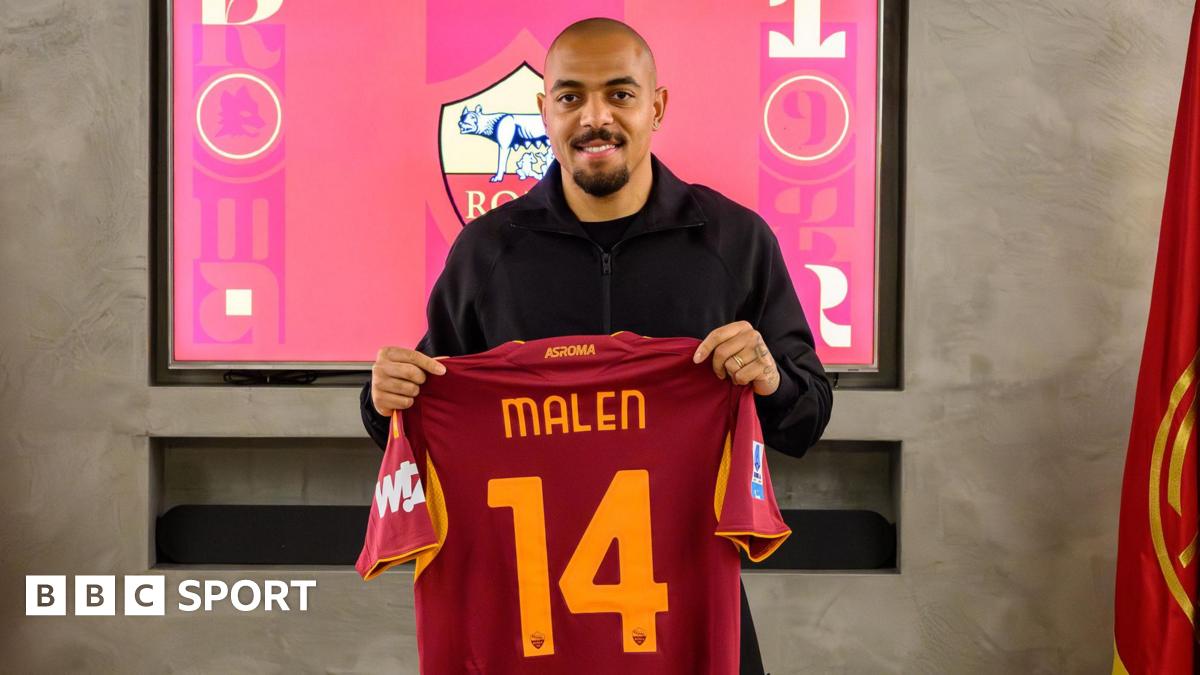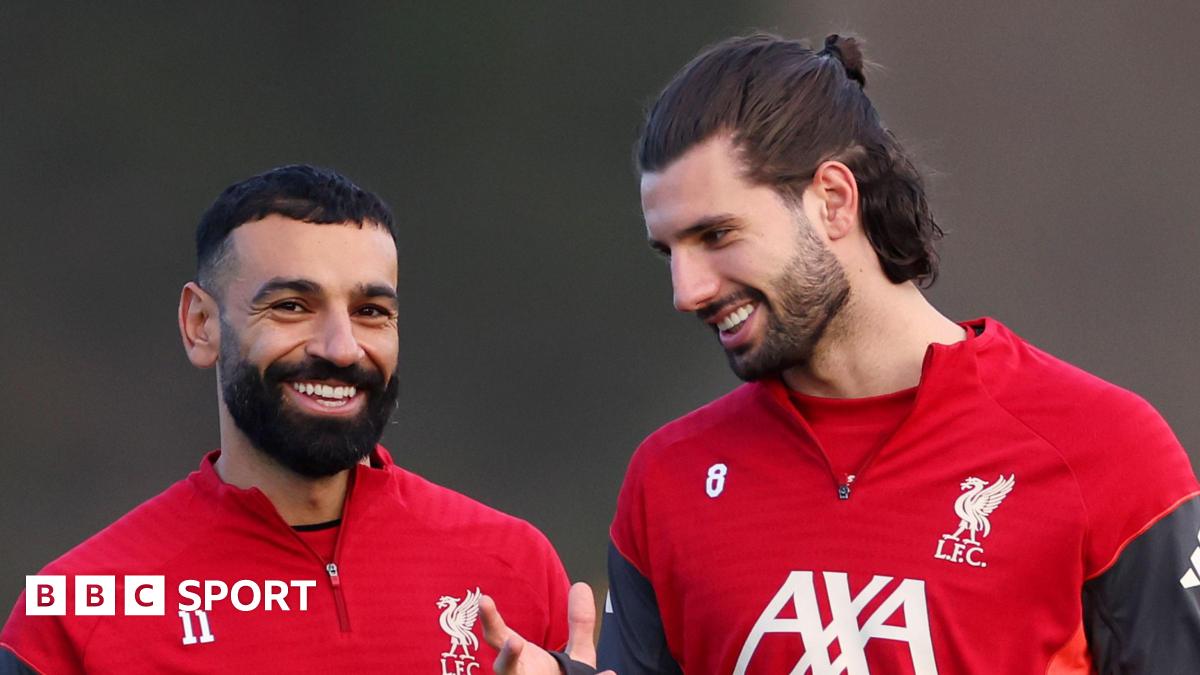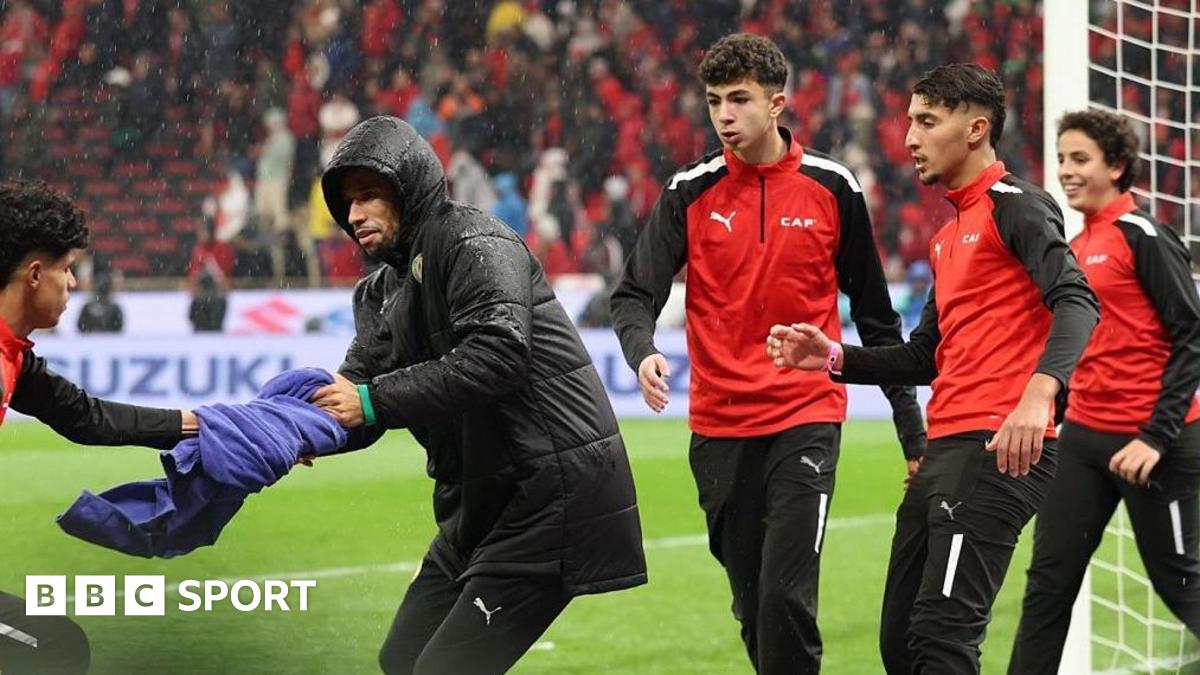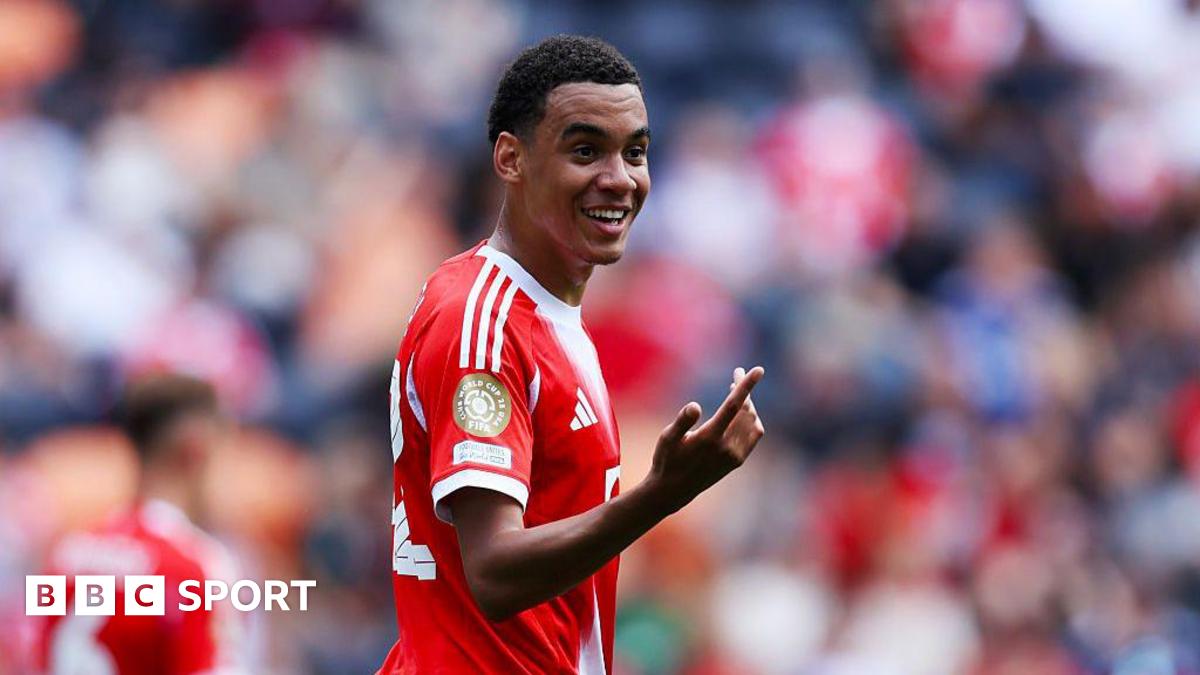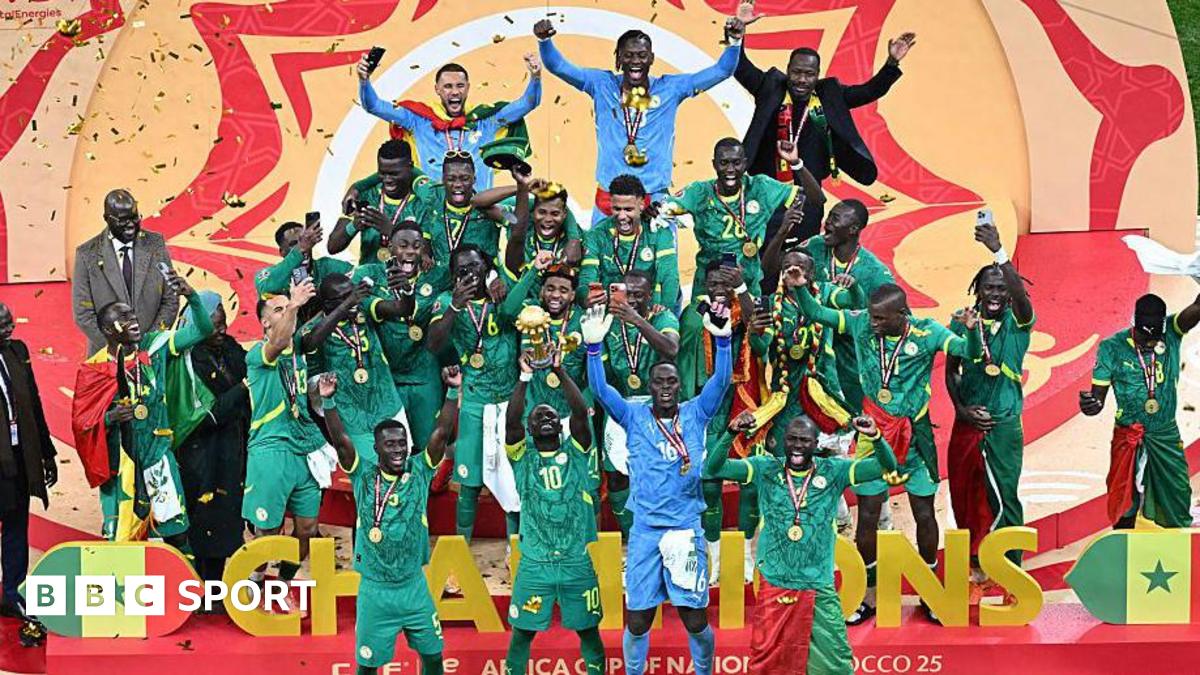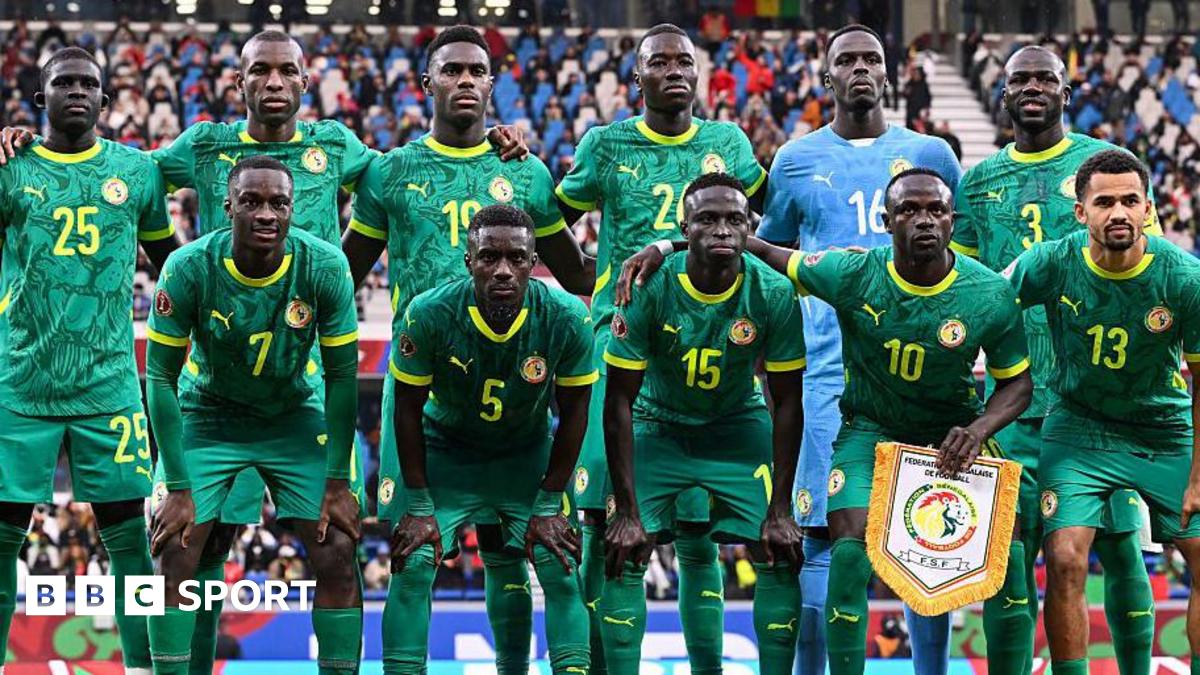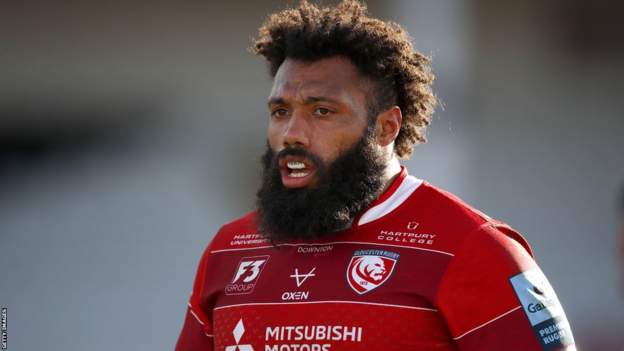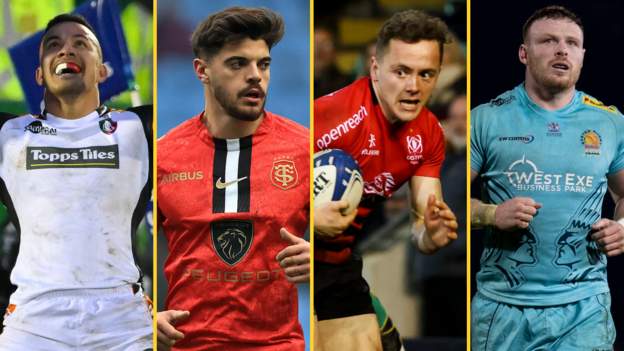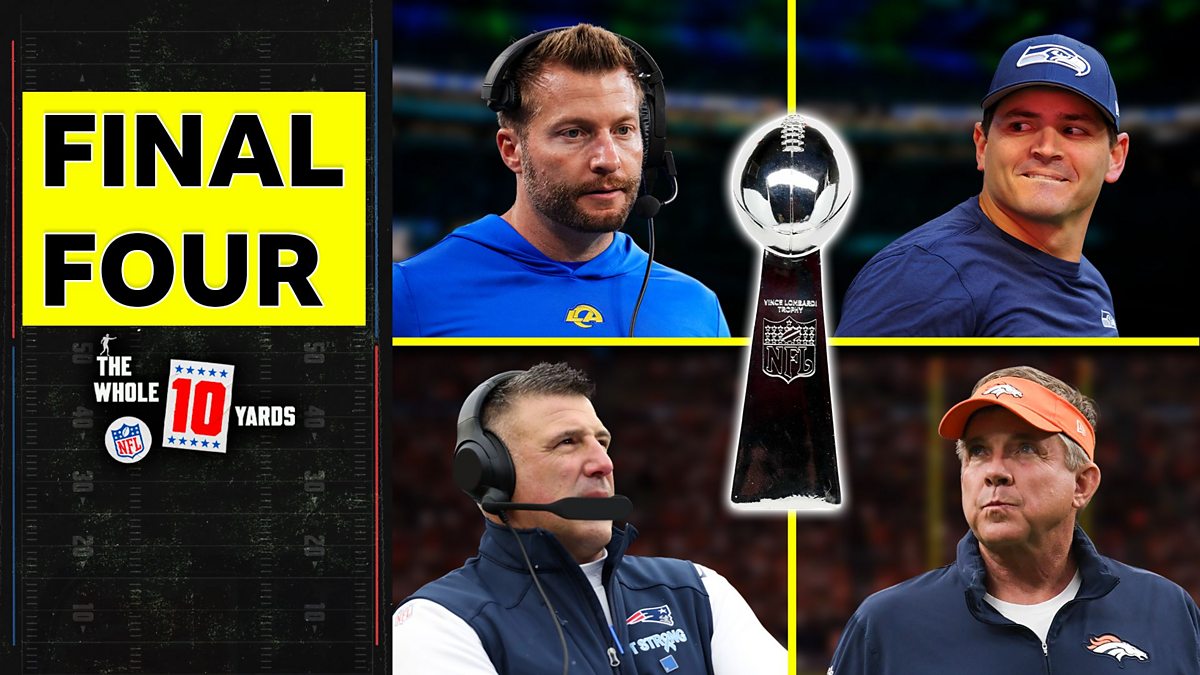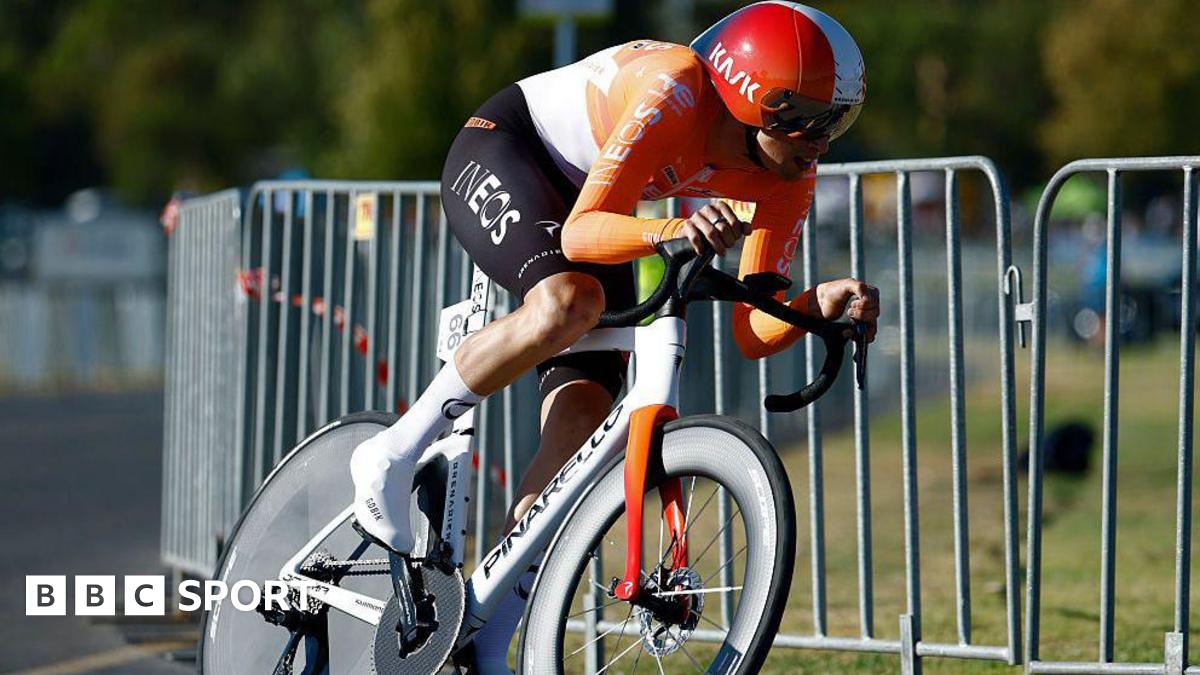Premiership player, Twitch streamer, TikTok star, former wrestler, esports coach: Jamal Ford-Robinson is a very busy man.
Ford-Robinson’s primary vocation is as a prop forward for Gloucester, having previously played top-flight rugby for Bristol Bears and Northampton Saints.
But the 27-year-old is also a bit of an online celebrity, and one of the athletes who created an organic, genuinely funny TikTok presence during the first lockdown last year, without looking like an undercover policeman at a rave.
TikTok, wrestling and gaming
Ford-Robinson says he realised early in his career that he needed more in his life than sport.
“From 16-18, it was the only thing I thought about,” he says. “I was taken on at Leicester when I was 16 and they were the best team in rugby. But at 18 it didn’t work out, and I was out of contract. At the time, my whole world came crashing down.
“Since then, I’ve realised that I need something else outside of rugby to take my mind off it.”
His extra-curricular activities have been many and varied. At one point, he even spent a bit of time in a wrestling ring.
“I like to find something new and I’ll go really intense on it for a few months,” he says.
“The TikTok thing was a lockdown one hobby. The wrestling thing was when I was part-time in rugby. I’ve found that getting deeper into this stuff has had benefits for the rugby as well.”
One thing Ford-Robinson has always been interested in is gaming – albeit not playing sports games.
“I’ve always loved the competitive nature of playing online,” he says. “But I think maybe when I’m playing games I want to be able to do something completely different – like killing orcs or whatever.”
League of Legends is his go-to – as his Twitch channel attests. He regularly plays against England prop Ellis Genge, and last year began to take the game really seriously – including playing against some of the Excel Esports team.
Rugby player to esports coach
One of the key men at Excel was Jonathan Ellis, a former head of performance at Munster Rugby Gaming.
“I’d spend hours talking to Jon about sports psychology and coaching philosophies,” says Ford-Robinson. “He has a lot of interest in both traditional sport and esports – and how they’re transferrable.”
When Ellis became head coach of the Godsent esports team, he asked Ford-Robinson if he would be willing to help out with some of the things they had talked about.
“I came in with a presentation on what it takes to be professional and maximise performance,” Ford-Robinson says.
“It’s general stuff – getting good sleep, staying hydrated, getting caffeine in before a game, those sorts of things.
“It’s still very part-time for a lot of the players in teams in this league. They couldn’t offer money, but I couldn’t be any more keen.”
Ford-Robinson says his role is more along the lines of traditional sports psychology as he is not so involved in in-game coaching.
“I haven’t been to university to get a degree in sports psychology, but I feel like my experience in professional sport is transferrable and probably worth something,” he says. “A lot of it is about bouncing back from bad moments.
“The other big part is communication – making sure we have clear, concise calls and we’re all on the same page.”
Ford-Robinson says one of the challenges has been to get the players – often in their teens or early 20s – to think as a team.
“They make their break very early in their lives,” he says. “In the case of League of Legends, you get yourself known by being really good as an individual, before you’re scouted to join a team.
“Can you imagine it in rugby – where everything you do when you’re starting out is as an individual and then when you turn pro it’s like, ‘hold on, I’m just a cog’? It’s a really weird transition that is important to get right.”
A potential career beyond rugby
Ford-Robinson hasn’t mapped out a life after rugby, but does see a potential future in esports.
“It’s something that I enjoy and could possibly see myself doing in a few years when I’m struggling to walk because of rugby,” he says.
And it’s certainly becoming a legitimate career path.
Ford-Robinson says: “There’s a stigma that you have to get over from people who might think: ‘What do you mean, people pay you to play video games?’
“But there’s more money in esports than rugby for the most part, so how do you quantify what is and isn’t legitimate?
“I think it would be cool to see more people crossing over and idea-sharing.”



